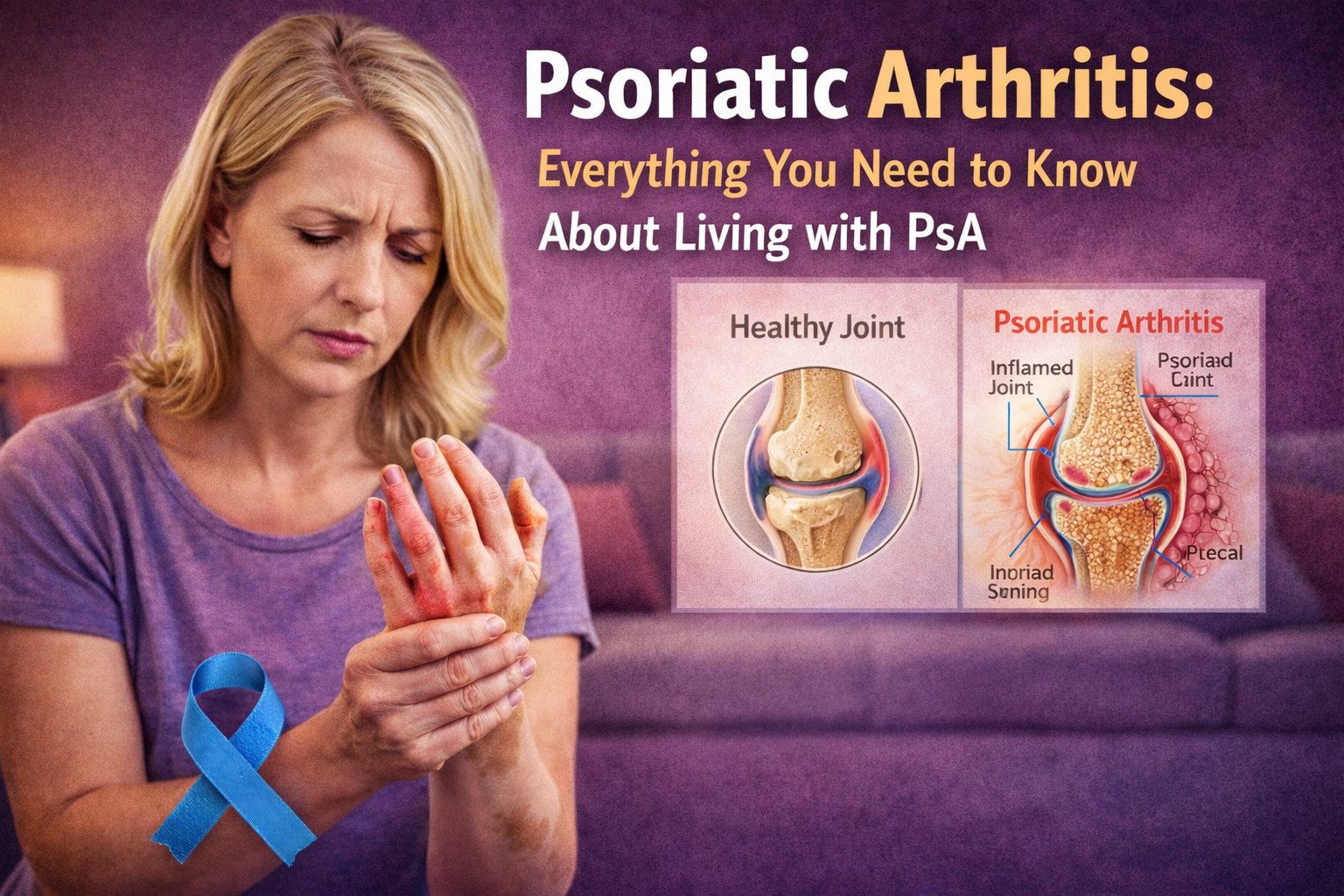Choosing birth control can feel overwhelming because there are many options, and what works well for one person might not suit another. The most important thing to know is that the best birth control method is the one you feel comfortable using consistently and that fits your lifestyle and needs. It’s not just about avoiding pregnancy; factors like your health, convenience, cost, and personal preferences all matter.
I’ve found that understanding your options and asking the right questions can make the process much easier. Whether you want to manage your hormones, control your periods, or simply find the easiest way to prevent pregnancy, it’s worth taking some time to explore what’s out there. Knowing this can help you make a choice that feels right for you.
Types of Birth Control Options
There are many different ways to prevent pregnancy, each with its own features. Some use hormones, others create a physical barrier, and some rely on natural or permanent methods. Choosing the right one depends on how it fits into your life and health.
Hormonal Methods Explained
Hormonal birth control uses synthetic hormones to stop pregnancy. This can be pills, patches, injections, implants, or hormonal IUDs. The hormones work mainly by preventing ovulation, so no egg is released.
I find the pill and implant popular because they are easy to use and very effective. Hormonal IUDs last for years but need a healthcare provider to insert them. Side effects can include mood changes, spotting, or weight changes. It’s important to weigh these with the benefits.
Hormonal methods do not protect against sexually transmitted infections (STIs), so I always recommend using condoms along with them for protection.
Barrier Methods Overview
Barrier methods stop sperm from reaching the egg. Condoms are the most well-known and can also protect against STIs, which is a big plus. There are male and female condoms, each with slightly different use methods.
Other barrier methods include diaphragms and cervical caps, which fit inside the vagina. They need to be used with spermicide to work well.
These methods are often chosen because they don’t involve hormones and have fewer side effects. However, they must be used correctly every time, which can require some practice and care.
Natural and Permanent Solutions
Natural methods involve tracking your fertility to avoid sex on fertile days. This might mean tracking your cycle, temperature, or mucus changes. It takes commitment and learning, but avoids hormones or devices.
Permanent solutions include sterilisation, like tubal ligation for women or vasectomy for men. These are best if you are sure you don’t want children in the future.
Both natural and permanent methods need careful thought. Natural methods need daily attention, while permanent methods need medical procedures but offer lifelong protection.
Key Considerations Before Making a Choice
Choosing birth control means thinking about your body, your habits, and your relationships. It’s important to focus on what fits best with your health and how you live day to day. At the same time, the preferences and involvement of your partner can affect your decision.
Health Conditions and Personal Lifestyle
I think about my health first. Some birth control methods can affect or be affected by conditions like blood clots, high blood pressure, or hormone-sensitive illnesses. For example, hormonal pills might not be the best if I have a history of blood clots.
My lifestyle matters a lot too. If I’m often busy or forgetful, a daily pill might be tricky. Something long-term and low maintenance, like an implant or coil, would suit me better. If I prefer a method I can easily stop or change, then short-term options like the patch or pill could be better.
Partner Involvement and Preferences
My partner’s feelings matter when choosing birth control. Some methods, like condoms, need both of us to agree and use them correctly every time. Other methods, like the coil or implant, I can manage on my own without needing their input.
We also talk about whether we want something that affects sex, like changes in sensation or comfort. If my partner has strong preferences or concerns, I take them seriously when deciding. Being open helps us pick a method that works well for both of us.
Conclusion
Choosing birth control is a personal decision that depends on many things. For me, thinking about my health, lifestyle, are plans helps a lot.
I know no one method works for everyone. What feels right for me now might change later. It’s okay to review and switch if I need to.
Talking to a healthcare professional can clear up any questions. They can help with options, side effects, and what fits my situation best.
Here’s what I keep in mind:
- Effectiveness: How well does it prevent pregnancy?
- Convenience: Is it easy to use daily or less often?
- Side effects: What health impacts might I expect?
- Personal beliefs: Does it match my values and comfort?
- Health conditions: Does it suit any medical issues I have?
By thinking about these points, I feel more confident about my choice. Birth control is about what makes me feel safe and in control.



